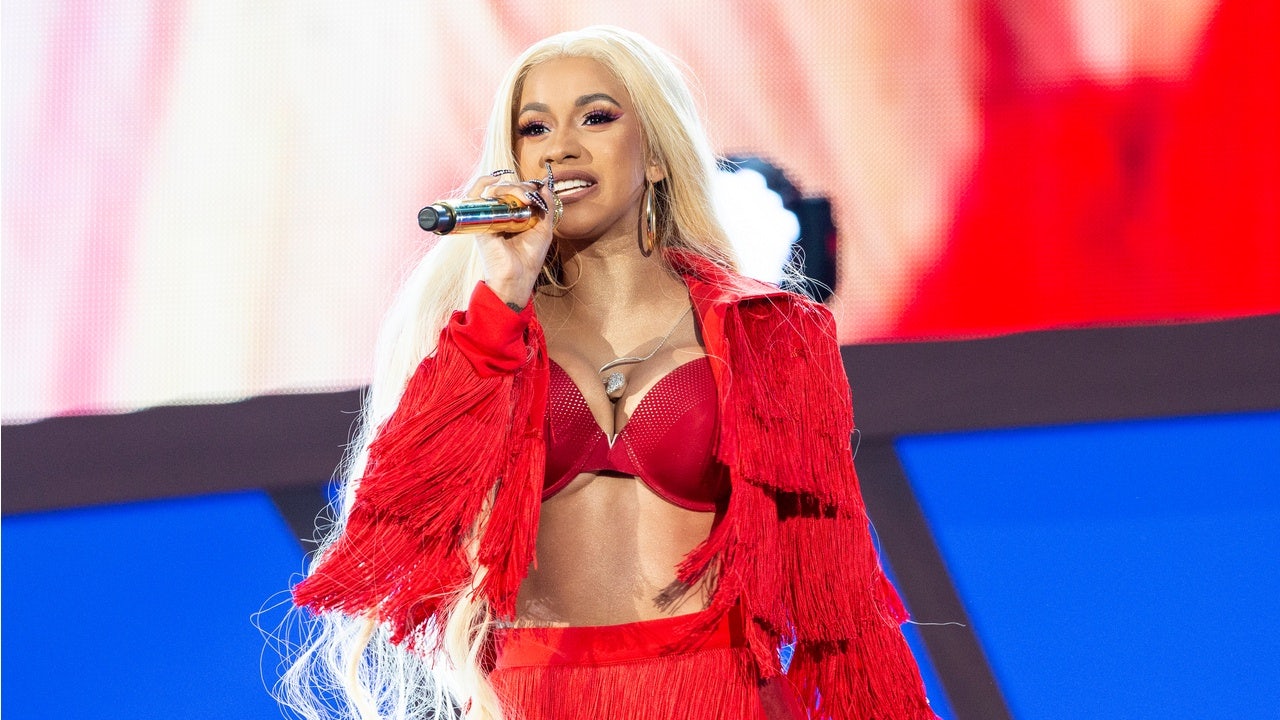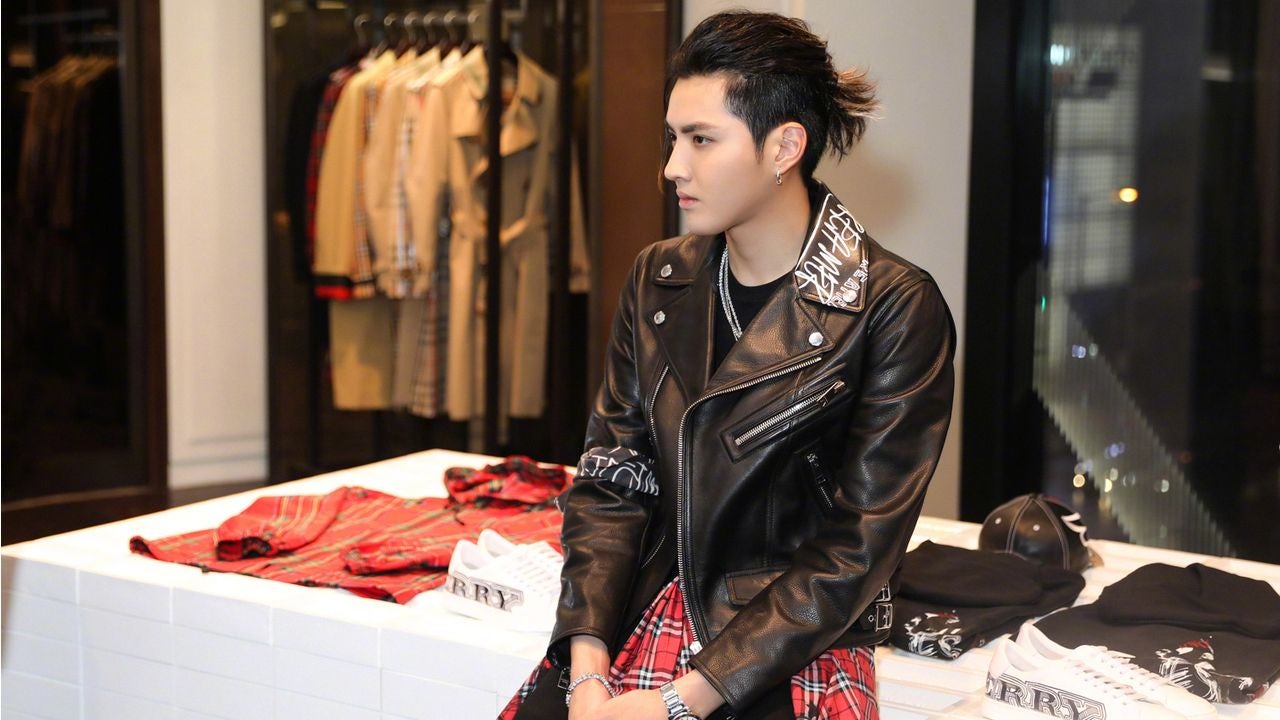What happened
China’s Ministry of Culture and Tourism has announced that it would create a list of off-limits songs at karaoke establishments starting on October 1. This means that songs containing references to gambling, violence, drugs, criminal acts or obscenities, that promote cults and superstitions, or violate the country’s religious laws or endanger China’s sovereignty will be removed from databases at thousands of karaoke venues all over the country. Those providing the content to these venues will be responsible for auditing the songs, as the Ministry seeks to promote what it calls “healthy and uplifting” music.
The Jing Take
China has been trying to regulate karaoke bars since 2006 and this is not the first time the country has banned songs. In 2015, the ministry released a blacklist of songs that it felt promoted obscenities, violence, crime or harmed social morality. As China pursues this low taste offensive, artists such as controversial rapper PG One, who’s attempted comeback sparked outrage for his promotion of drug-taking, misogynistic lyrics, and affairs, may soon be wiped from China’s KTV (or Karaoke Television) with the ruling. And as netizens pointed out, it could well hit international stars like Cardi B as well.
This announcement comes amid a wave of crackdowns on live streaming platforms, video providers, and the entertainment industry more generally, as it deals with the aftermath of recent major scandals. These include the Chinese actor Zhang Zhehan and rapper idol Kris Wu, who, even though none of his songs fall under any of the aforementioned categories, may have his song catalog banned due to his behavior. Moreover, this sector — especially hip hop — will no doubt be dramatically altered with this latest announcement, which in turn will have implications for the endorsement industry. Given this, how long before global luxury brands start to think beyond these icons for their next marketing tie-ups? If so, what would that look like?
The Jing Take reports on a piece of the leading news and presents our editorial team’s analysis of the key implications for the luxury industry. In the recurring column, we analyze everything from product drops and mergers to heated debate sprouting on Chinese social media.

